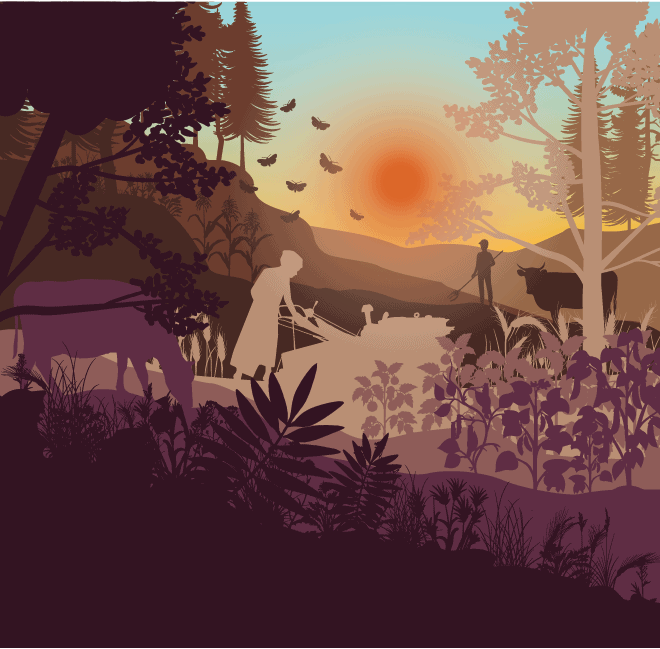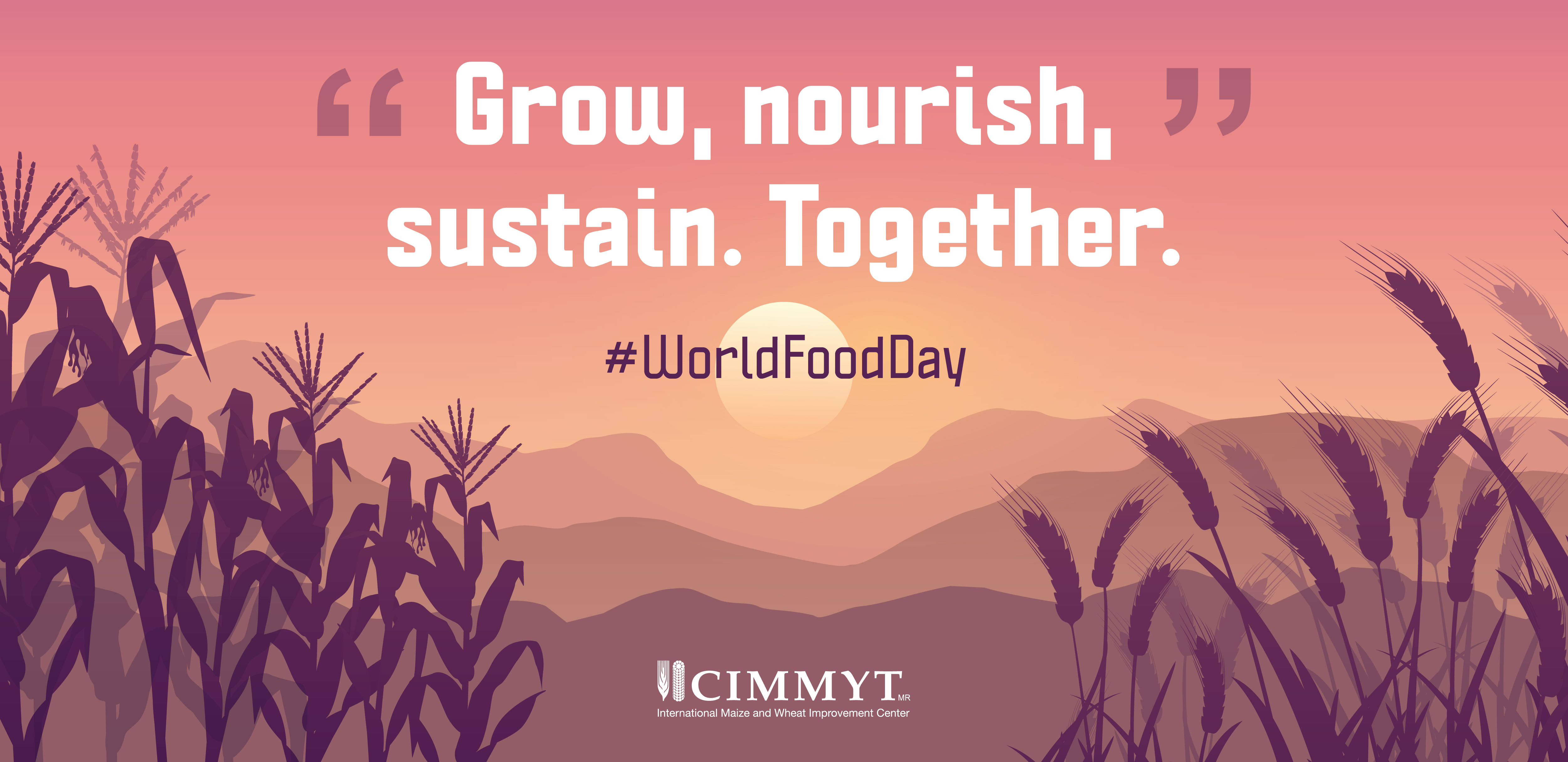 The UN has designated 2020 as the International Year of Plant Health. CGIAR Centers have significant scientific knowledge, extensive experience on the ground, and thought leadership that they can lend to the global discussion to advance awareness, collaboration, and scaling of needed interventions.
The UN has designated 2020 as the International Year of Plant Health. CGIAR Centers have significant scientific knowledge, extensive experience on the ground, and thought leadership that they can lend to the global discussion to advance awareness, collaboration, and scaling of needed interventions.
CGIAR’s International Year of Plant Health events will comprise a series of four webinars of global scope targeting scientists and researchers working in relevant fields. The webinars will take an in-depth look into current science in the area, identify areas for further research, and opportunities to take current scientific innovations to scale.
Each webinar will examine one aspect of the crop supply chain — from genebanks to farmers’ fields to consumers’ plates — to identify ways of promoting the adoption of tools and practices designed to boost the long-term health of plants and the environment in low- and middle-income countries. With the acceleration of the effects of climate change on the incidence and intensity of pests and diseases, identification of the right crop varieties, mix of crops, and tools and practices will be key to ensuring the availability of food to feed the planet.
Webinar series
January 28, 2021 – 13:00 GMT
 Webinar 1 will discuss the anticipated impacts of climate change on plant health in smallholder systems, tackling how the occurrence, intensity, and frequency of biotic and abiotic stresses will change as a function of climate change. It will provide participants with information on the negative effects on plant health, in relation to food security, nutrition, environment, gender, and livelihoods, as well as on the role of research in providing support to global efforts to mitigate or adapt to climate change challenges for plant health. Full details of webinar 1.
Webinar 1 will discuss the anticipated impacts of climate change on plant health in smallholder systems, tackling how the occurrence, intensity, and frequency of biotic and abiotic stresses will change as a function of climate change. It will provide participants with information on the negative effects on plant health, in relation to food security, nutrition, environment, gender, and livelihoods, as well as on the role of research in providing support to global efforts to mitigate or adapt to climate change challenges for plant health. Full details of webinar 1.
Webinar 2: Germplasm health in preventing transboundary spread of pests and pathogens
February 17, 2021 – 12:00 GMT
 Webinar 2 will highlight the importance of germplasm (phytosanitary) health in the prevention of transboundary pest and disease spread, as well as the propagation of clean planting material to be used locally. Experts will discuss the implications of poor germplasm practices on agricultural and food system sustainability, farmer livelihoods, and food and nutrition security. They will also examine how opportunities for greater workplace diversity in germplasm health hubs and gender-responsive programming could drive more inclusive sustainable development. Full details of webinar 2.
Webinar 2 will highlight the importance of germplasm (phytosanitary) health in the prevention of transboundary pest and disease spread, as well as the propagation of clean planting material to be used locally. Experts will discuss the implications of poor germplasm practices on agricultural and food system sustainability, farmer livelihoods, and food and nutrition security. They will also examine how opportunities for greater workplace diversity in germplasm health hubs and gender-responsive programming could drive more inclusive sustainable development. Full details of webinar 2.
Webinar 3: Integrated pest and disease management
March 10, 2021 – 12:30 GMT
 Webinar 3 examines integrated approaches for sustainable management of transboundary diseases and crop pests and their implications for agri-food system sustainability, social inclusion and gender equity. Drawing on both successes and enduring challenges, experts will identify the potential benefits of more gender-responsive approaches to pest and disease control; more coordinated action by national, regional and global organizations; and lessons to be learned from successful animal health management. Full details of webinar 3.
Webinar 3 examines integrated approaches for sustainable management of transboundary diseases and crop pests and their implications for agri-food system sustainability, social inclusion and gender equity. Drawing on both successes and enduring challenges, experts will identify the potential benefits of more gender-responsive approaches to pest and disease control; more coordinated action by national, regional and global organizations; and lessons to be learned from successful animal health management. Full details of webinar 3.
Webinar 4: A One Health approach
March 31, 2021 – 14:00 GMT
 Webinar 4 brings together scientists working at the intersection of environmental, human, and animal health. In this session, the experts will examine plant health and agriculture from a “One Health” approach — a collaborative, multisectoral, and transdisciplinary perspective that recognizes the health of people, animals, plants, and their environments as all closely connected. In this approach, agricultural practices and plant health outcomes both are determined by, and contribute to, ecological, animal, and human health. Full details of webinar 4.
Webinar 4 brings together scientists working at the intersection of environmental, human, and animal health. In this session, the experts will examine plant health and agriculture from a “One Health” approach — a collaborative, multisectoral, and transdisciplinary perspective that recognizes the health of people, animals, plants, and their environments as all closely connected. In this approach, agricultural practices and plant health outcomes both are determined by, and contribute to, ecological, animal, and human health. Full details of webinar 4.

 Climate adaptation and mitigation
Climate adaptation and mitigation 
